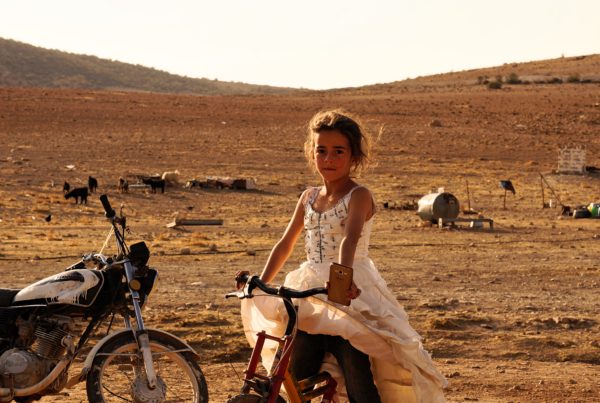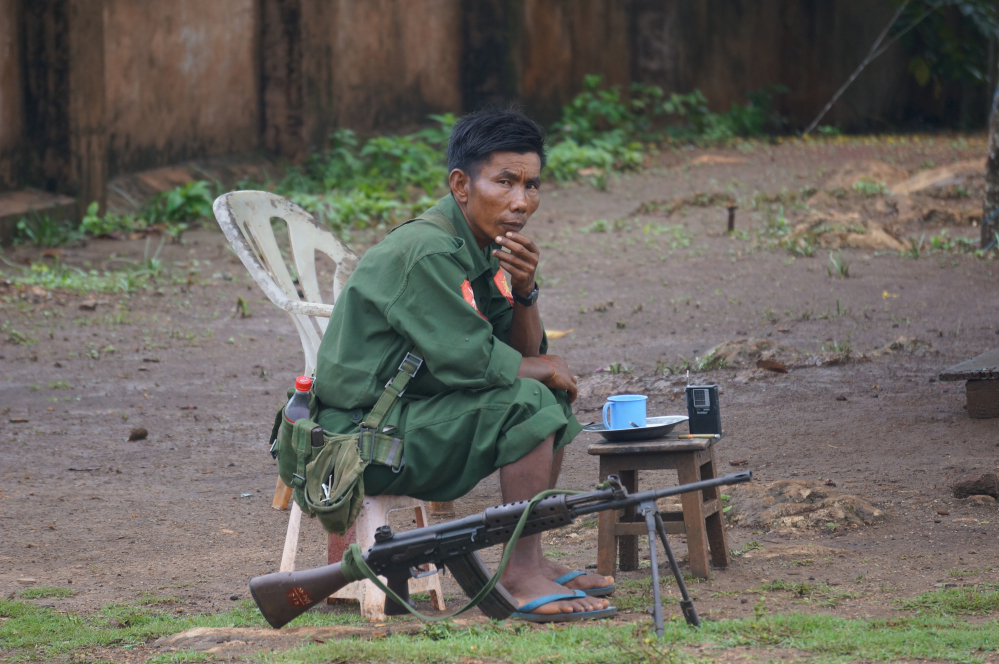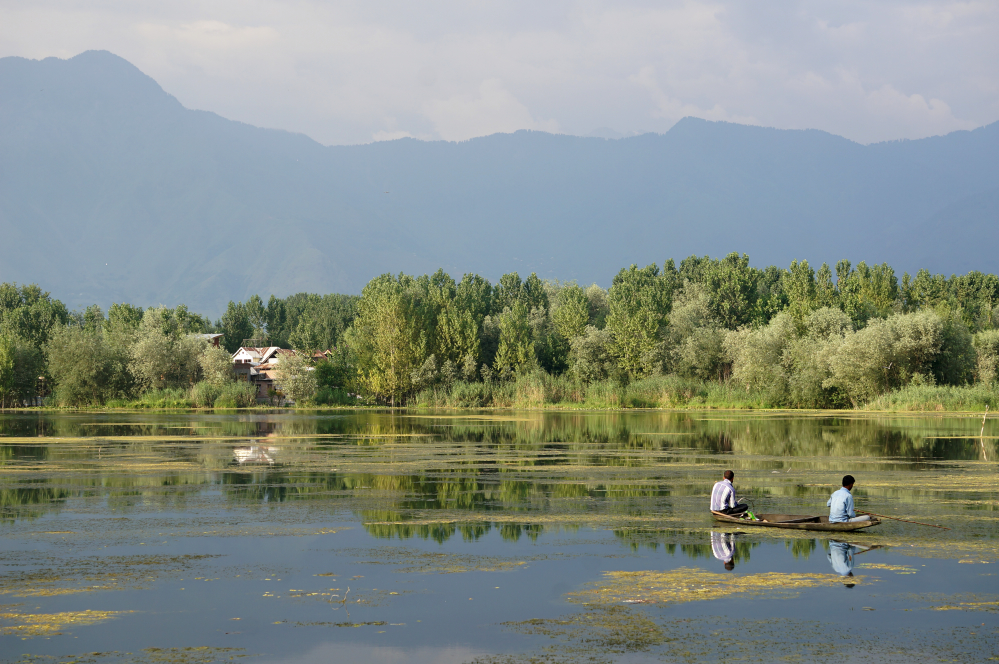This is Part 3 of my series on Post Civil War Sri Lanka. If you haven’t read part 1 and part 2 you should.
The main purpose of writing this series on Sri Lanka was to examine Australian politicians’ assertions that the country is a “society at peace” (Tony Abbott, 2014). In the first two parts of this series, I discussed the ongoing difficulties faced by Tamils in Sri Lanka since the end of the war. It has only been six years since the culmination of the brutalities and it is clear that there is residual civil war tension in the north of the country. I asked Nagaveeran – an editor of Uthayan, a Tamil newspaper based in Jaffna – why Tamil people continue to leave Sri Lanka by boat.
“Tamils take boats to escape from Sri Lanka for two reasons: political and economical. If people can’t go back to their jobs and there are no new jobs being created they become desperate for work and they start to leave.”
But how easy is it to separate the persecution mentioned in part 1 and 2 and the economic strife that accompanies it? When you lose your home and your land at the hands of the Sri Lankan army, are you leaving for economic reasons or due to persecution? For many Tamils, the economic difficulties of living in the north are a direct result of the post-civil war tensions I’ve just discussed.
Human rights lawyer Lakshan Dias’ answer is simple:
“I’m 100% sure there are people who leave the country for economic reasons. As well as there are people who leave the country because of well-founded persecution. The best thing is you let them go by the available legal remedies in Australia, let them experience the richness of the Australian law, the international law and refugee law that Australia abides by, and Australian human rights standards. Let them experience all of them and if they lose their case, then let them come back or let them be deported back.”
But even this process has its problems in Sri Lanka. According to Lakshan Dias, asylum seekers returning to Sri Lanka will be arrested at the airport and charged under Sri Lankan Immigration Laws for trying to leave the country illegally. Lakshan Dias describes a case in 2016 of returnees from Australia who were arrested and submitted to the magistrate’s court in Negombo.
“All of them were released on bail. 25,000 rupees [approx. A$220] cash bail, 1 million rupees [A$8,860] non-cash bail. On the fourth Sunday of every month at 9am they have to report to the TID [Terrorism Investigation Department]. They cannot go abroad. They cannot violate any of the bail conditions from the court. If they have adverse records against them, they can be taken to the CID for further interrogation. That interrogation might lead to months including years.”
Tharmendra’s brother in Australia is fearful of returning to Sri Lanka because he believes people are still being disappeared when they arrive at the airport. According to Penny, a Sri Lankan researcher based in Australia, his fears are justified. She accounts for at least three cases in 2015 of returned asylum seekers being disappeared from the airport. She says those who are released from the airport have to bribe the security.
“Some of them are still paying ransom and bribery in monthly basis for the security officers for releasing them from the airport without a case on them. They do not know how long they have to pay this,” Penny says.
While in Vavuniya I meet two of my Tamil friends who came to Australia by boat in August 2012 but returned to Sri Lanka in 2015. Shan spent two years in Nauru before he was sent to Sydney. He had been in Sydney for two months when his wife told him that she could sponsor him to come to England. He returned to Sri Lanka with the International Organisation for Migration (IOM) and will leave for England in a few months.
His brother, Ruvu, returned to Vavuniya after the July 2013 fires in Nauru. He had been arrested during the fire and put in prison. He says he was innocent but was scared of prison in Nauru. Ruvu claims that the Wilson army (as he calls it) intimidated him into leaving Nauru. Ruvu was offered a way out by IOM. He was promised money and freedom. He had spent almost 2 years on Nauru by that time.
“He is sick,” Shan says tapping his head. “He takes medication.”
I am surprised to find that there have been no problems for them since returning.
“If we had returned before maybe there would be problems but this is the new government,” Shan says.
There is hope that the situation for the Tamil people in Sri Lanka will improve with the election of Maithripala Sirisena, a former cabinet minister of the Rajapaksa government, to the presidency in January 2015. In his address after assuming office, Sirisena promised ethnic and religious reconciliation.
My friend Chanka is positive about the future of the country. “Things seem to be better now. We lost the war. We didn’t achieve what we wanted. But we can’t fight any more. Jaffna used to be a restricted zone. Foreigners needed permits to enter here. But the new government has opened it up.”
Lakshan Dias is more restrained with his enthusiasm:
“Yes, it’s improving. There’s no doubt about it but it’s slow. Justice is very slow, justice is undermined. Justice is a very serious issue in this whole situation of persecution, land-grabbing, disappearances, lost lives, systematic discrimination. Justice is not clearly metered yet.”
After my time in Sri Lanka, I can see why people like Chanka see hope for peace and reconciliation in Sri Lanka. But I can also see compelling reasons for wanting to leave. After such a brutal civil war, that reconciliation process will always be difficult and emotional. It will take time to resolve land disputes and to settle thousands of displaced people; to assuage the heartache of lost loved ones; to come to terms with personal and societal trauma; and to rebuild a society torn apart by the horrors of civil war. People have lost their homes and their jobs. Their land is the occupied by the army. They are fearful of extrajudicial abductions and they perceive inequities in the reconstruction process. By no means is it a simple question of: is it a safe or dangerous country? Or, are they economic migrants or refugees? And our failure (or refusal) to understand these nuances could have a detrimental effect on the continued processing of our refugee claims for Tamil asylum seekers.


